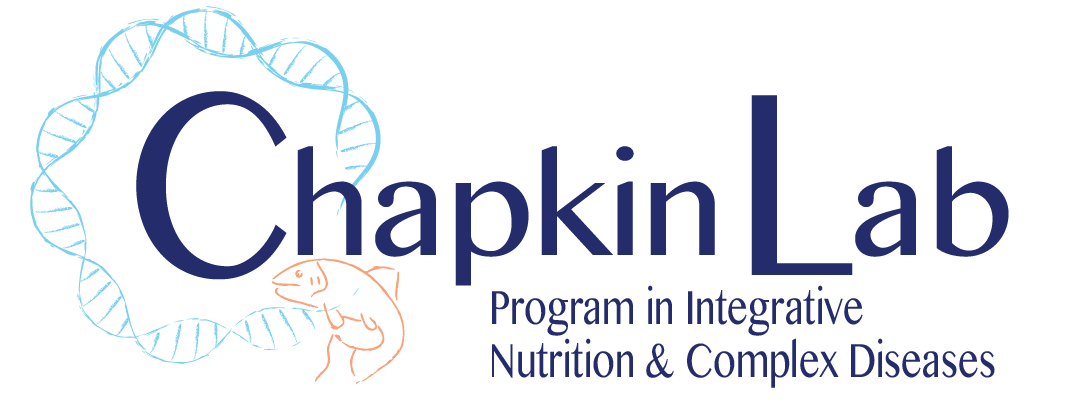Education
B.S., University of Puerto Rico at Río Piedras, Chemistry and Environmental Sciences, 2008
Ph.D., Texas A&M University, Biochemistry and Biophysics, 2014
Postdoc, Texas A&M University, Biochemistry and Cell Biology, 2016
Biography
I am a native of Puerto Rico and grew up in the small rural town of Naranjito. My interest for science and, in particular, experimenting began at an early age. One of my earliest memories is grocery shopping and reading and enquiring about the ingredients on all the item labels in the shopping cart. Luckily, my parents have always been extremely patient and supportive. Later on while still in PR, I conducted research in the laboratory of the late Dr. Reginald Morales. My research aimed at deciphering the mechanism of action of two secreted phospholipases A2 (sPLA2) and focused on the discovery and development of molecules that decrease the activity of these enzymes to serve as sPLA2 inhibitors. During my free time in PR, I could be found at the beach, hiking in the rain forest or relaxing over some cold medallas with my family or friends reminiscing about old stories. After earning my bachelor’s degree in chemistry and environmental sciences at the University of Puerto Rico at Río Piedras, I began my PhD studies at TAMU. My studies led to the development of a technology that permits the delivery of macromolecules into live cells with unprecedented efficiency and no detrimental effects on cell physiology. After graduating, I started my postdoctoral studies in Dr. Jean-Philippe Pellois’ lab. My research focused on elucidating the mechanistic details associated with cell-penetrating peptides at the molecular level. My research identified a novel gateway into the cytosolic space of the cell, which could be exploited for the development of highly-efficient delivery agents. Currently, I am an assistant research scientist in Dr. Robert S. Chapkin lab. When I am not in lab living the glamorous scientist life, I can be found playing soccer, engaged in an outdoor activity, dancing reggaetón, playing with my two turtles or enjoying a beer and a movie.
Research
While in the Chapkin lab, I’ve had the opportunity to immerse in an entirely new research area associated with dietary/microbial modulators related to prevention of colorectal cancer (CRC) and chronic inflammatory diseases. My research main focus is to establish the role of oncogenic APC on the dysregulation of cellular plasma membrane physical-chemical properties/homeostatic status and induction of aberrant Wnt signaling in the colon. Furthermore, my research will focus on establishing the role of membrane-targeted dietary bioactives (MTDBs) (e.g., fish oil, curcumin) on aberrant Wnt signaling and CRC prevention. In concert with my short-term research goals, my long-term research goals involve the development of innocuous, inexpensive and accessible therapeutic strategies to prevent colon cancer.

